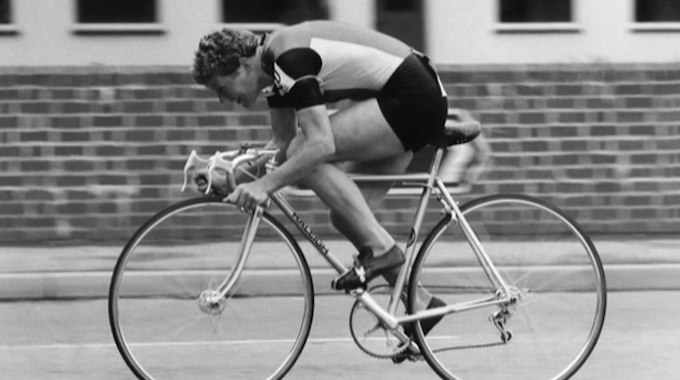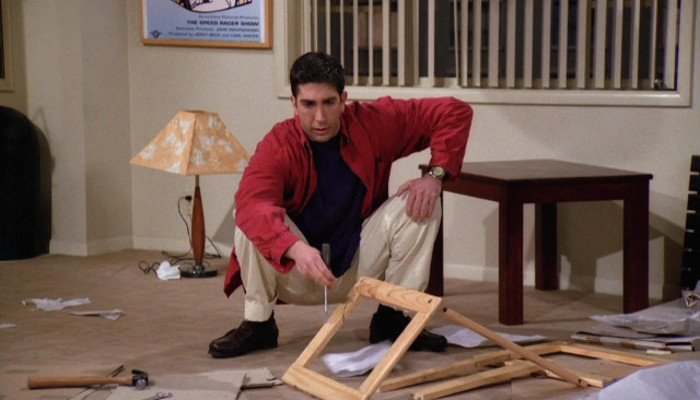According to a study conducted by LV Home Insurance last year, 20% of all cyclists will become the victims of bike theft during some point in their lives. In addition, it appears around a third of these people do not bother reporting the crime to the authorities – with some feeling police will not be interested in helping them.

Therefore, although around 114,000 bikes were officially stolen throughout 2013, the actual figure is probably much greater.
Many individuals might believe that the majority of bike thefts occur in town centres. However, the truth is actually rather closer to home – with statistics claiming that 30% of victims have their property stolen from their shed or garage while almost 20% have their bicycles taken from their driveway.
The repercussions of this can be severe. As well as suffering financial ramifications, many victims of bike theft have reported never replacing their property while others wait months or even years before cycling again.
Having your bicycle stolen can be a traumatic experience – and with many of these incidents happening at home, cyclists must do all they can to keep their property safe. Fortunately, this guide should help them do just that.
Bike Theft: Am I in a high risk neighbourhood?
Although bike theft can theoretically happen anywhere, it appears thieves are more likely to be operating in certain areas than others. According to an article published in the Guardian during 2011, cycle thieves seem to be most prevalent in areas governed by the following police forces:
- The Metropolitian Police
- Thames Valley Police
- Greater Manchester Police
- Cambridgeshire Police
- Avon and Somerset Police
- West Midlands Police
- Leicestershire Police
- Lancashire Police
- Sussex Police
- Humberside Police
If you live in any of the regions mentioned above, you might be more at risk of having your bicycle stolen than those in other areas. To reduce your chances of being a victim, you might wish to improve your security and carry out some of the actions mentioned below:
Bike Theft: Keeping your bike safe at home
Bringing it inside
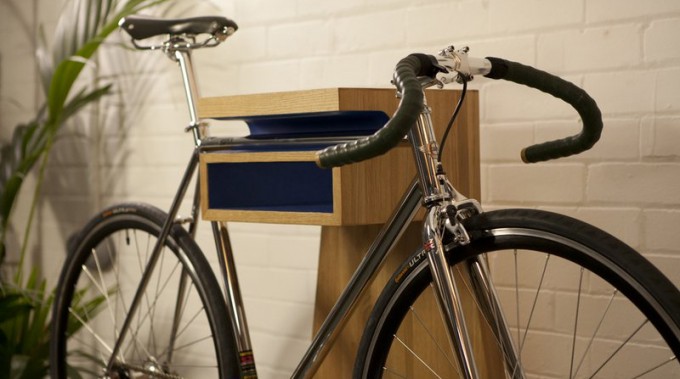
It’s much harder to steal a bike if it is locked away in a secure place. For many people, especially those who live in apartments, this location is inside their homes. However, bikes are generally kept outside anyway due to their size and the trials they go through – after all, who wants muddy tire tracks on their carpets?
One possible solution is to purchase a Bikeshelf and install it on a suitable wall. According to retailer Cyclehoop, these designs allow bike owners to store their property as well as any accompanying gear, such as helmets and gloves.
Potentially, this could be a great way to keep your bike secure – while also ensuring it’s kept out the way.
Getting a thief-proof shed
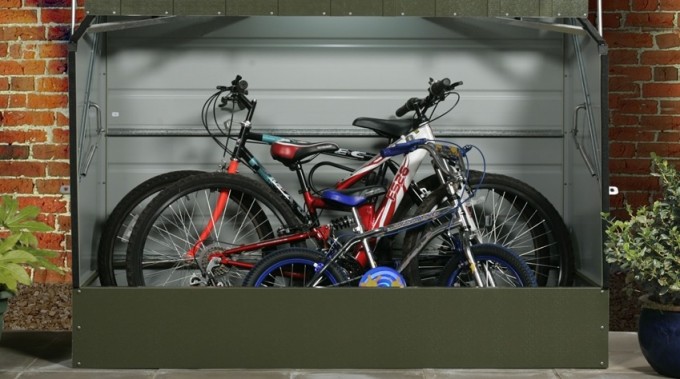
Although those with larger homes might be able to take advantage of solutions such as the Bikeshelf, this might not be suitable in all cases or others may understandably want to keep their bicycles outside. In this situation, they should have a safe place to store their property.
Trimetals’ bike storage units could be an effective way to prevent thieves from stealing your bike. Durable, hard wearing, and difficult to break into, one of these could seriously ruin a criminal’s day.
Of course, one alternative solution is to rent a garage or chain your bike to a durable and immovable object – but this is not a foolproof solution.
The problem with bike locks
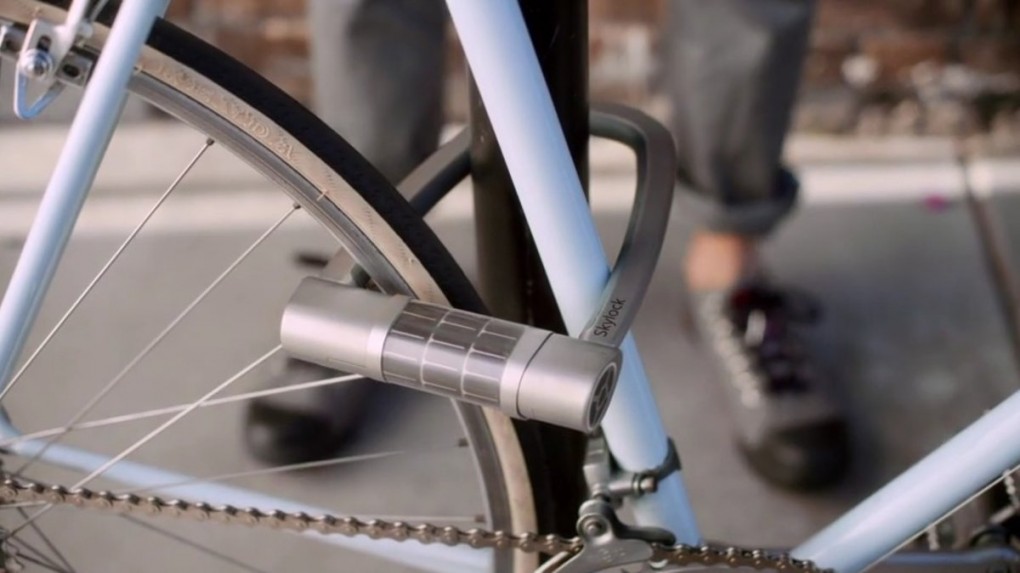
Anecdotal evidence suggests that, rather than being desperate opportunists, bike thieves are becoming organised and adapting to the times. Reportedly, while speaking to journalists from the Guardian, one former criminal described a group of like-minded individuals roaming the streets in a van looking for targets. They apparently even came equipped with tools such as angle grinders and bolt croppers.
This raises an interesting question, could your bike lock really withstand an angle grinder? Furthermore, when bicycles have been chained to things such as railings, thieves have been known to cut these bars to gain access.
However, all hope is not lost. Just as criminals are adapting to improved security, new inventions are arriving on the market which can hamper their efforts.
One interesting solution is the “ground anchor” – a device which can be used to chain your bike to the floor. Seeing as how thieves would probably need to spend several minutes using power tools to remove one of these, most would not deem the risk worthy of the reward.
This is not to say that all bike locks are useless. Just be sure to do your research beforehand and select something which will keep your property secured. Just remember that, generally speaking, you get what you pay for – cheap locks will probably be bypassed in a couple of seconds.
Unusual solutions to prevent bike theft
Although the solutions mentioned above might be most beneficial, other sources – such as cycling forums – have proposed alternative methods to prevent thieves from taking your bike. While I am unsure about the effectiveness of these, I’ve mentioned a couple below:
Make your bike as unappealing as possible
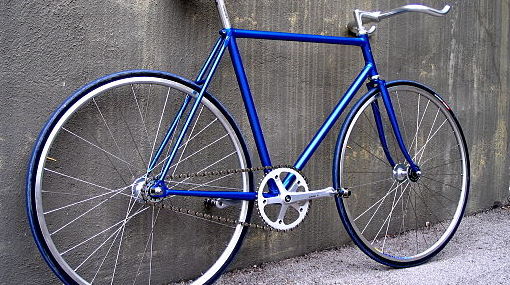
In theory, this makes sense – make your property unattractive to criminals and they probably won’t steal it. This has been backed up by studies on vehicle theft which suggested that pink cars were really unlikely to be stolen.
Consequently, some individuals have recommended placing faux rust, stickers, and ugly paint on your bike – anything to make it visually unappealing. After all, a criminal probably won’t be able to sell something which requires effort to restore.
However, I would not recommend this option – just because I shouldn’t have to vandalise my own property to deter criminals.
Make it unrideable
Another proposed solution is to remove parts of your bike to make it unrideable. The theory is that criminals will not go to the effort of stealing something which is missing parts or challenging to ride off. However, with bikes being stripped for components, I don’t think this would prove an adequate deterrent.
Park it next to a poorly secured bike
This option refers to the theory that criminals will always go for the easiest option. Therefore, if your bike is properly secure but the one next to yours isn’t, it seems likely that thieves will ignore your property in favour of the simple grab.
Although this theory appears to have never been properly tested, I think it has potential.
When all else fails
No security solution is completely impregnable and, therefore, it is always best to prepare for the worst. Therefore, consider investing in a suitable bike insurance policy. Although it won’t prevent you from suffering the emotional effects of bicycle theft, it should certainly limit the financial repercussions.
Also worth a read:
6 Ways to Ensure your Bike WILL Get Stolen

